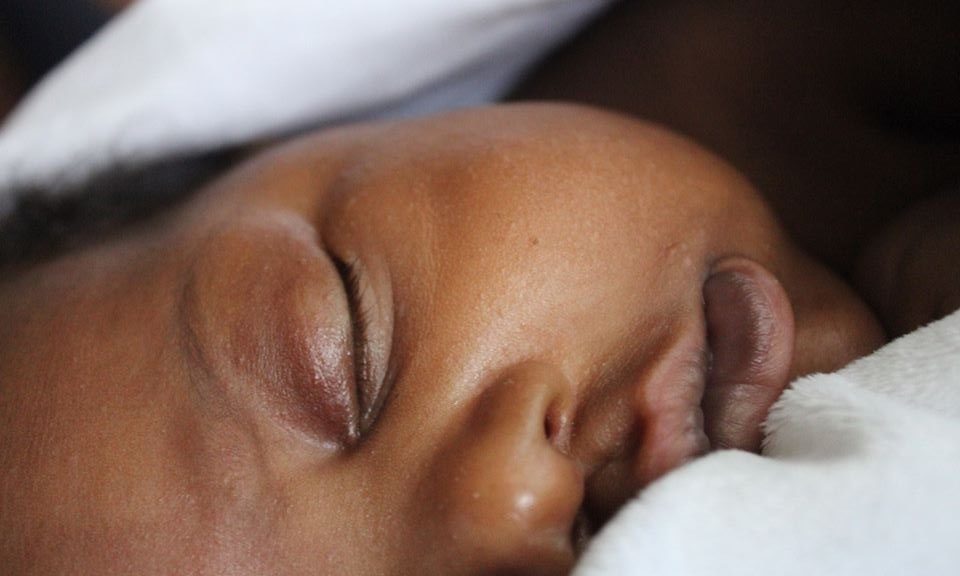
The 4-month sleep “regression”
Throughout the breastfeeding journey, there are many moments of change. Some of these new situations are directly related to the baby’s growth and development. Sleep is one of these areas of development. The newborn will go through an evolutionary process of sleep during the first years of its life until sleep is considered more mature.
At first, the infant has only two phases of sleep: active sleep and deep sleep. Active sleep is the phase of sleep in which rapid eye movements (REM) are present, and the body moves. During this phase, the baby may make faces, move arms and legs, and have irregular breathing. Often, families worry about this and have the perception that their newborn’s sleep is not normal.
Deep sleep, on the other hand, is the phase of sleep in which breathing is more regular and movements are smooth and less frequent. During this phase, the baby appears to be sound asleep, and their body is relaxed. Families often associate this phase with rest and calm: “Now the baby is sleeping”.
Both phases of sleep are important for the development of the baby’s brain and nervous system. REM sleep is essential for cognitive and emotional development, while deep sleep helps the body rest and recover. As babies grow and develop, they go through different sleep phases, and a more regular sleep pattern is established.
When they are 4 months old, there is an important shift in the sleep pattern. This is what is commonly referred to as the 4-month “sleep regression” and is not related to breastfeeding or the mother’s milk supply. Also, the term “regression” is somewhat misleading because it suggests that the baby’s sleep is regressing or going backward. However, this is actually a sign of progress in their development.
At this age, the baby develops more consistent sleep patterns. From this time onwards, they will begin to experience all phases of sleep: light sleep, intermediate sleep, deep sleep, and REM sleep.
During the first few months of life, babies spend more time in the REM phase. Their brain is developing at a rapid pace and needs a lot of processing time. In adults, REM sleep is the phase in which complex stories are dreamed, which are sometimes still remembered when waking up, and it is even possible to feel emotionally disturbed by the dream. As the baby gets older, the amount of time spent in REM sleep decreases, and the amount of time spent in deep sleep increases. So, during their first months, they do not sleep “peacefully,” as is commonly believed; this is a myth.
From the age of 4 months onwards, babies establish other sleep phases and, go through them while asleep. This causes them to wake up more often during the night, be irritable, cry more often, and they ask for the breast to calm down. They have to learn to go through one sleep cycle after another, and this takes time.
Therefore breastfeeding is not the cause of the problem. Babies don’t wake up more often because they have to breastfeed, but they ask for the breast to fall back asleep more quickly. Undoubtedly, for the family, this is exhausting, and in some cases, this also happens just when the mother returns to work, so nights can be very challenging.
But being informed about what is happening, knowing that the increase in wake-ups at this stage is part of the physiology of sleep, gives families peace of mind. Likewise, it is also essential to seek strategies to be able to rest better, prioritizing the rest of the mother or adult in charge of the baby. This is a time when many families return to co-sleeping, which is one of the most effective strategies for dealing with nights with frequent awakenings. At this stage, many families receive incorrect information, such as breastfeeding not being enough nourishment or the necessity of supplementing. It is essential to provide support and also offer information and evidence-based alternatives.
References:
Paavonen, E. J., Saarenpää-Heikkilä, O., Morales-Munoz, I., Virta, M., Häkälä, N., Pölkki, P., Kylliäinen, A., Karlsson, H., Paunio, T., & Karlsson, L. (2020). Normal sleep development in infants: findings from two large birth cohorts. Sleep medicine, 69, 145–154. https://doi.org/10.1016/j.sleep.2020.01.009